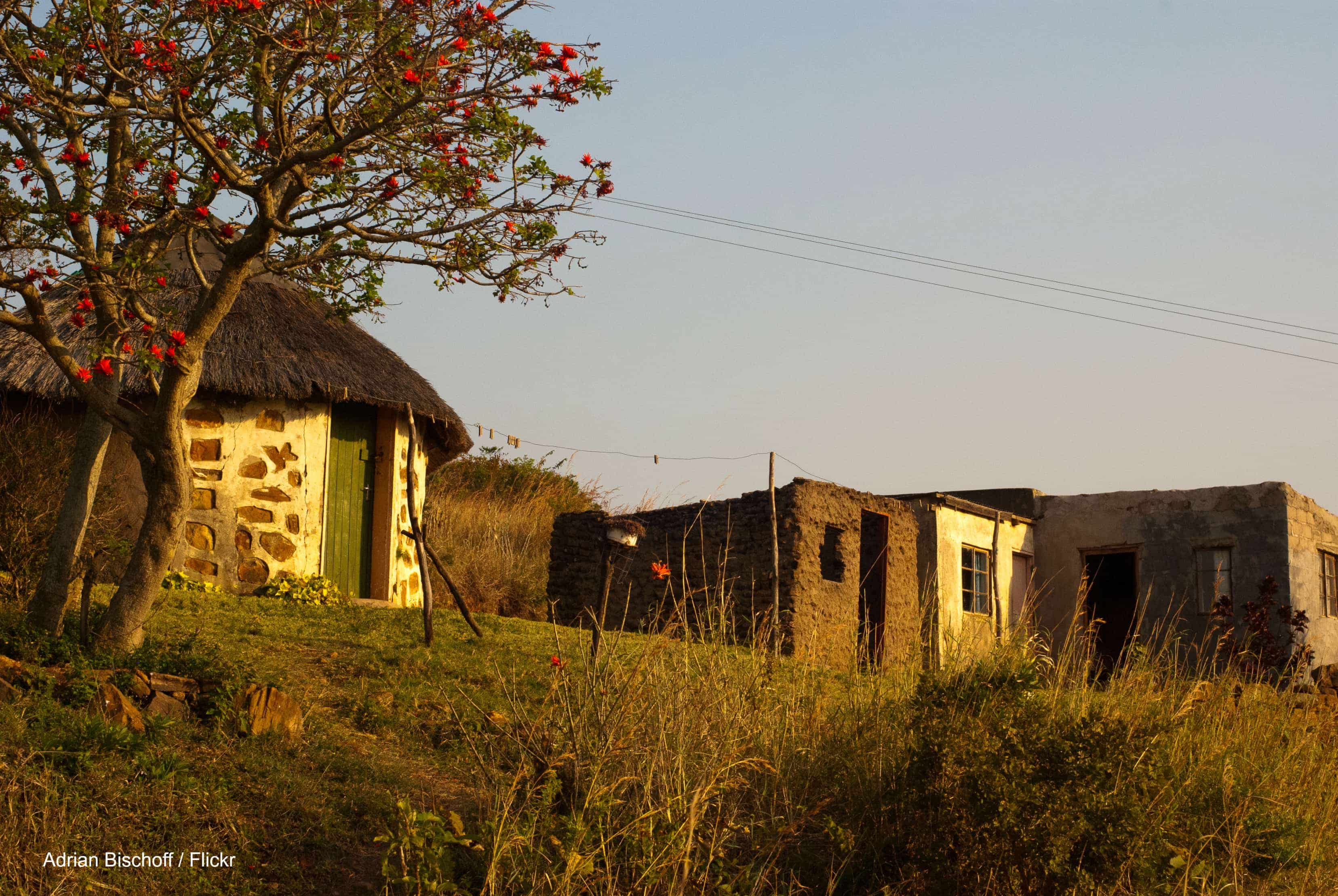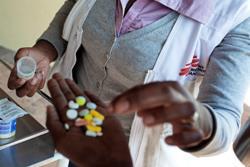Searching for acceptance


The small, rural community of Sulphur Springs lies just about 10 kms outside Piet Retief and it is where Bongani Nkosi* grew up.
He says growing up in the small, close-knit community was a real challenge as a young man who early on in life knew he was attracted to other men.
Not all men who have sex with men (MSM) identify as being gay, bisexual or transgender so many health organisations will often refer to men under the more broad term, “MSM.”
“I always knew I was a MSM since I can remember, but I kept it as a secret from my family and community because I wasn’t strong enough to fight stigma and discrimination,” said Nkosi, who added that fear of being rejected in his community forced him to lead a double life.
“My secret led me to having unprotected sex with older men and contracting sexually transmitted infections more times than I can remember,” he told OurHealth. “How could I have told my family or community that I was gay? When I was growing up, being gay was associated with being weak and afraid of accepting responsibilities.”
Nkosi was later diagnosed HIV positive. He still has not disclosed his sexuality or his HIV status to his family.
“I have been struggling to accept my status because I have no support,” admits Nkosi, who adds that a lack of support has led him to find comfort in drugs and alcohol. “I recently started chatting with group of MSM and they have been helping me.”
Although no national figures exist on HIV prevalence among MSM, the results of three 2009 studies conducted in Johannesburg and Durban found that HIV prevalence rates among MSM were as high as about 38 percent – or double that found among South Africa’s general population.
Old stigmas die hard
[quote float=”right”]“I stayed with my lovely ex-wife with our children for two years, but after that hell broke loose and I started having experiences with a guy”
A student at Gert Sibande College Mpostol Mhlanga, originally from the farming town of Amsterdam, was luckier.
“I am one of the lucky MSM who was born into a loving and supportive…family member,” he said. “My advice to MSM is that if you don’t find the support and understanding you need from your family member, seek help from nongovernmental organisations like the Treatment Action Campaign.”
He added that an additional resource may be the Anova Health Institute’s Boithato Project, which tries to help increase awareness and acceptance of same-sex sexualities. Bigboy Smith works with the project and assists youth who are trying to come out to families and communities.
“In rural areas, we meet with the family or talk with the community chief…to try to make them understand that it’s not a choice or a (life) style that you choose,” Smith said. “It’s important to keep the name of the person a secret until he’s willing to be named.”
But traditional beliefs die hard says Vusi Ntuli who says as a first-born son, he was taught that “being a man” meant going to initiation school, and having a wife and children. Disclosing his sexuality was not an option so he chose to marry a woman.
“I stayed with my lovely ex-wife with our children for two years, but after that hell broke loose and I started having experiences with a guy,” he says. “I began doing it more to fulfill the desire I craved for years, but I knew eventually my secret would be exposed.”
Ntuli’s lover eventually called his wife. The husband and wife eventually divorced but Ntuli says he is glad that he maintains a strong relationship with his children.
“They both know they are first no matter what and that we love them,” he says.
*Name changed to protect man’s identity
Author
Republish this article
This work is licensed under a Creative Commons Attribution-NoDerivatives 4.0 International License.
Unless otherwise noted, you can republish our articles for free under a Creative Commons license. Here’s what you need to know:
You have to credit Health-e News. In the byline, we prefer “Author Name, Publication.” At the top of the text of your story, include a line that reads: “This story was originally published by Health-e News.” You must link the word “Health-e News” to the original URL of the story.
You must include all of the links from our story, including our newsletter sign up link.
If you use canonical metadata, please use the Health-e News URL. For more information about canonical metadata, click here.
You can’t edit our material, except to reflect relative changes in time, location and editorial style. (For example, “yesterday” can be changed to “last week”)
You have no rights to sell, license, syndicate, or otherwise represent yourself as the authorized owner of our material to any third parties. This means that you cannot actively publish or submit our work for syndication to third party platforms or apps like Apple News or Google News. Health-e News understands that publishers cannot fully control when certain third parties automatically summarise or crawl content from publishers’ own sites.
You can’t republish our material wholesale, or automatically; you need to select stories to be republished individually.
If you share republished stories on social media, we’d appreciate being tagged in your posts. You can find us on Twitter @HealthENews, Instagram @healthenews, and Facebook Health-e News Service.
You can grab HTML code for our stories easily. Click on the Creative Commons logo on our stories. You’ll find it with the other share buttons.
If you have any other questions, contact info@health-e.org.za.
Searching for acceptance
by cynthiamaseko, Health-e News
August 8, 2014



